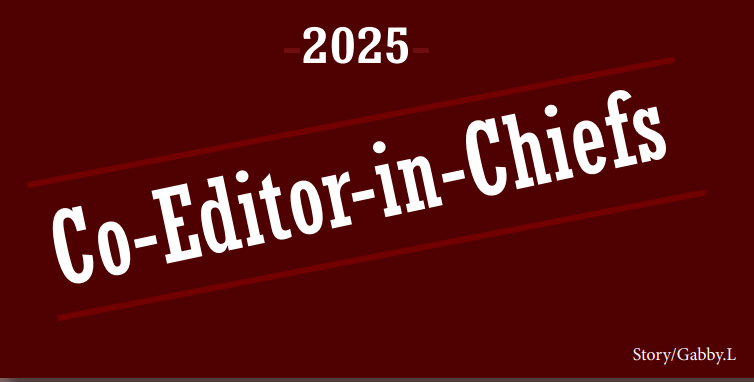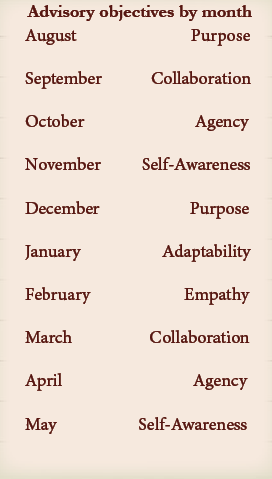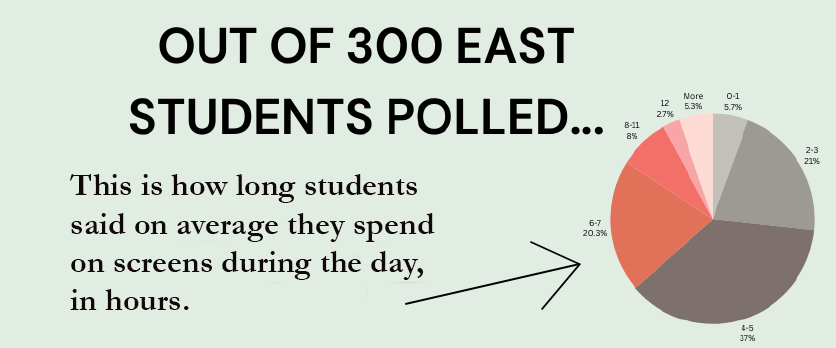
It’s that time of year again, when political advertisements hit the airwaves 24/7 until November 5—yes, it’s election season. Coming back for an attempt at a comeback is former President Donald J. Trump, while current VP Kamala Harris is now eyeing the job her coworker currently holds. As the 2024 presidential election approaches, the race between Harris and Trump is intensifying, with both candidates consistently tying in many reported polls.
Voting is one of the most powerful ways for you to express your opinions and influence the future. Youth voter turnout in Iowa dropped from 34.7% in 2018 to just 26.0% in 2022. That’s a significant decline, and it’s crucial for everyone to realize that youth voters can shape policies on issues that directly affect your lives—like education, climate change, and social justice.
The political landscape has changed dramatically in recent years, and youth involvement can lead to real changes in both your community and the nation. Just look at the 2020 election, where Mariannette Miller-Meeks won her seat in Iowa’s 2nd Congressional District by only six votes. It is most likely, or not guaranteed, that more than six people are reading this article and could hypothetically have an impact in this year’s upcoming elections.
Election outcomes have a huge impact on things like school funding, educational programs, and the resources available right here at East High. Your choices in the voting booth can influence the learning environment and future opportunities. The elected leaders in this state and federal representatives are the ones making decisions about how education should run in this state, so it’s fair for the youth to speak up with many things on the line.
There are also pressing social issues—such as gun control, abortion rights, and immigration policies—that mostly impact young voters. By participating in the electoral process, you can ensure that your voices are heard in these critical discussions.
Let’s not forget about economic factors, either. Decisions made by elected officials affect minimum wage laws, student loans, and job opportunities. The economic future for many young Americans is directly tied to the choices made during elections, so it’s essential to be informed and engaged.
Many students at East already recognize the importance of voting, such as Ollie Barnes, a student at East High School who is able to vote in the 2024 election this November 5. “There are many reasons to vote, mostly because you should have a say in who’s going to spend your tax dollars. I don’t remember the government working 20% of my shift at work, so I’m at least going to have a say. I will also say that I’m worried about the political violence in the days and weeks following both the election and inauguration, especially with the recent attempts on the former president’s life and the general political instability in the nation,” Barnes said.
Another individual also concerned with the youth being heard is Iowa’s state elected official, Secretary of State Paul Pate, who is the head person when it comes to the elections being held in Iowa. Pate visited East High School on Sept. 17, 2024, and he was willing to give us an interview about the purpose of his visit to East.
Q1: So what brought you into public service? Pate: I got bit with the bug in high school. I was student body president my freshman year and my senior year. Just being able to do things for my fellow teens and actually seeing we can make a difference really got me started. I campaigned for a Republican and a Democrat, so it wasn’t like I didn’t know what I was doing. From there, I just kept going along and doing more and more.
Q2: So what brings you here at East High School today? Pate: Well, as I mentioned, I started young. I think that’s important. I will use this corny line: you are already leaders in your own school, your churches, your own communities. I just want to provide a little more direction and let you know what your options are. Iowa has a great track record when it comes to registering voters and voting, but the younger age group still is not voting as much as it should be. Roughly 25% of eligible younger voters are voting. We can do better, and I know you can.
Q3: So to those young voters who are eligible but choose not to participate because of some sentiment like, “Oh, my voice doesn’t matter,” what would you say to them? Pate: Right. Well, as I mentioned, you’re being affected every day by some form of government. Maybe you just subconsciously think, “Well, that sucks,” and move on. But you don’t have to move on. You can say, “Wait a minute. I’m a voter. I’m a taxpayer. My voice does count.” If you want some of the things you grumble about, you’ve got to speak up for yourself and your peer group.
Q4: And so for any new voters out there, what would be the three methods of voting that you would suggest? Pate: In this day and age, people tend to lean more towards voting by mail for convenience. But younger people don’t use paper and stamps as much, so the best approach would be to vote early by going down to the auditor’s office during the allowed time period, or you can vote on Election Day. Taking an hour of your time is probably the most convenient option. I vote early in person at a county auditor’s office.
Q5: And for any youth out there who want to be civically engaged but aren’t old enough to vote in this next presidential election, what are some other options for them to participate in this process? Pate: Volunteer to help on campaigns, especially for local races, whether they’re running for the legislature or county office. You’ll be very intimately involved in the process. You’ll see candidates on their good days and bad days, not just in commercials. And think about the fact that when you turn 18, you might want to run for school board or city council. Those are all respectable paths I encourage.
Q6: Is there anything else you’d like to add? Pate: Again, it’s so important to make sure your voice is heard. It counts. When you don’t vote and you’re eligible, you’re giving the other side a distinct advantage. It’s not about voting for or against anyone; you’re just sitting on the sidelines. You’re letting a minority group decide the destiny for you and many of your peers. So get your voice heard.
As we approach the November 5 election, it’s crucial for all students at East High School to recognize the power of their vote. The voices of young voters are more important than ever, especially in a political landscape that seems to be constantly shifting. With high-stakes issues at play—from education funding to social justice—your participation in the electoral process can directly impact your future and the future of your community. Remember, your vote is not just a number; it’s a chance to express your beliefs and advocate for the change you want to see. Whether you’re voting for the first time or encouraging your peers to get involved, every action counts. As Ollie Barnes and Secretary of State Paul Pate remind us, engaging in the democratic process is not only a right but a responsibility. So, as you prepare for Election Day, educate yourself on the candidates and issues at stake. Discuss them with friends, family, and teachers. Make a plan to vote, whether it’s by mail, early in-person, or on Election Day. Your voice matters.
https://sos.iowa.gov/elections/voterinformation/voterregistration.html








